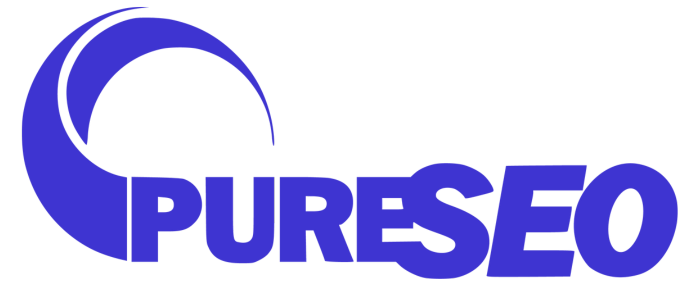
In a highly competitive industry, one of the basic rules of SEO is for digital marketers to have the ability to compose well-written page titles and meta descriptions that help users locate your webpage and/or answer their specific search query. No matter how short these HTML elements may be, they play a crucial role in connecting users to your page amid millions of other webpages found on the internet.
Let’s look at why these elements are important and learn the best practices are for optimising each of them.
Why it pays to create well-written page titles and descriptions
Title tags and meta descriptions are some of the most important elements search engines rely on to obtain the full context of what your website is all about. Search engines will use them to understand the content of your website and determine whether or not they are relevant for a specific search query.
As a business owner, you’ll want to exhaust every effort to get your offerings into full view of your potential customers. This is why creating well-written title tags, headers, and meta descriptions that include relevant keywords visitors use for their search, makes it a critical aspect of SEO.
One major advantage of creating well-written and highly optimised title tags and descriptions is they significantly improve your click-through rates. When you focus on creating concise yet descriptive metadata, the more likely your page will appear in users’ search results. Plus, when visitors get a clear idea on what the page is about, the more likely they will want to click on your page.
It’s also worth noting that Google rewrites meta descriptions. Google does this for several reasons; one of them being that your titles and meta are written poorly. If you haven’t been exerting a lot of effort into writing accurate and optimised title tags and meta descriptions, there is a good chance that Google will rewrite them for you.
So how exactly can you optimise your metadata to make the most of its benefits?
Writing Optimised Title Tags
Title tags are the main title of the document found at the topmost part of SERPs and are meant to attract your audience’s attention. They are also the labels you can read on your browser’s tab.
Here are ways to optimise a title tag to help improve click-through rates:
Your page titles should be clear and concise as they are critical in improving the overall user experience. Make sure your page titles relates to your page’s content.
Google will display limited characters of your title tag. It’s best to keep it between 50-60 characters for page titles to fully appear instead of them being cut off with an ellipsis (…).
- Include relevant keywords
Well-written title tags will require expert keyword research essential for SEO. The ideal format will look like this: “Primary Keyword – Secondary Keyword | Company Name”. Remember to write titles that match the user’s search query!
Duplicate titles can harm your website’s performance in SERPs that’s why it’s essential to make your page titles unique across the site. If there’s no way to avoid duplicate titles, you can add page numbers at the end of the title.
A great way to raise brand awareness and improve recognition is to add your brand name at the end of your title. It’s as simple as that!
Writing Optimised Meta Descriptions
Meta descriptions are like excerpts that aim to summarise the purpose and content of a page. They describe the content of the page and can even improve user click-throughs.
Here are ways to optimise a page’s meta description to help improve click-through rates:
Keywords are critical to include in your descriptions as they need to match a user’s search intent. When visitors enter a search query, search engines will highlight the keywords used as they appear on your meta descriptions.
It takes conscious effort to write meta descriptions that will appeal to users and make them want to click through to your page. More than just grabbing their attention, make sure your descriptions accurately describes what the searcher will see when they click on a specific page. If you run an E-commerce website, make sure to have your value propositions front and centre, e.g. free shipping on orders over a certain value, to reward customers for shopping with you.
- Stay within 160 characters
The ideal length of meta descriptions is somewhere between 150-160 characters, or more accurately, around 920 pixels. This helps ensure that your descriptions will be displayed in full length.
- Make it unique for every page
Avoid duplicates and make sure meta descriptions are unique for every page.
Let Pure SEO guide you!
Writing highly effective page titles and meta descriptions is a craft that requires skill and practice. In an industry that’s highly reliant on content, well-written metadata descriptions prove a mark of quality and separates your website from the rest of the pack.
As a leading digital marketing agency, we can help you write highly effective meta descriptions to bolster your webpage’s SEO. Contact us today to get started!

















